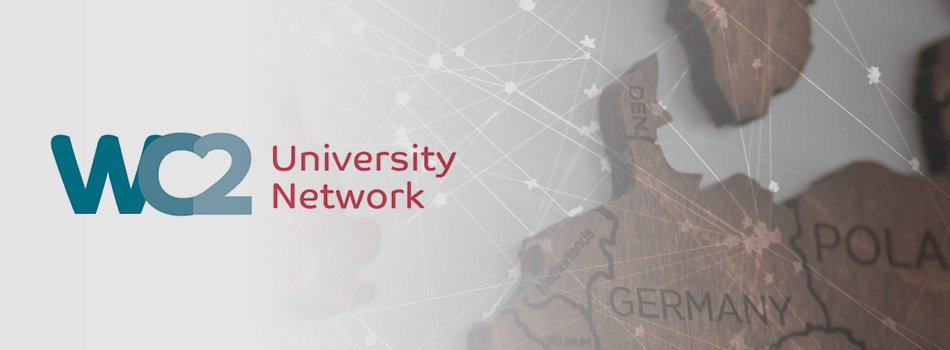WC2 network: developing a better urban future
(by Filipe Albessu Narciso | reviewed by Kiara Neves) – October 13th, 2021
The World Cities World Class University (WC2) network has recently announced the WC2 Challenge 2020 winners and held its well-known WC2 Symposium. This year’s theme was Undergraduate Challenge: Imagining Urban Futures in a Post-COVID World. Two of the winning projects were developed in collaboration with USP researchers and one of those was mentored by a USP professor. Yearly, the WC2 network promotes events to discuss solutions to problems affecting the world’s urban area. You can learn more about the WC2 network here.

Established in September 2010 by City University London, the World Cities World Class University (WC2) network promoted its WC2 Challenge 2020, hosted by the RMIT University. This event’s yearly edition addressed the same problem as last year’s: Undergraduate Challenge: Imagining Urban Futures in a Post-COVID World.
Starting on November 2nd 2020 and finishing on March 16th 2021, the WC2 Challenge 2020 participants had about six months to develop their projects. Competitors were invited to provide solutions to the needs and challenges of urban actors. WC2 is committed to helping ensure that the experience gained at the Universities brings benefit to urban areas around the world.
The University of São Paulo (USP) was involved in two winning projects in the WC2 Challenge 2020. USP researchers Edvaldo Pereira Santos, Livia Kaneko and Gabriela Rodrigues, mentored by Professor Adriana Marotti de Mello, were part of the winning group for the Business Theme, while researcher Guilherme Fernandes Alves represented the university among the champions of the Transport Theme.
These results are an important part of the network’s main activity: the annual symposium, which functions as a platform for sharing and developing ideas, as well as establishing new partnerships. This year, the WC2 symposium happened on the week of August 9th. The event hosted WC2 2020 Challenge winning project presentations, as well as guest lecturers, such as a transport planning project led by USP researchers André Devay, Carolina Almeida Novais, Felipe Giacomin Gripa and Márcio Antonio Lino Júnior.
Network History
WC2 is an international higher education network consisting of nine universities spread across major cities around the globe. The member universities are: RMIT University (Australia), Tongji University (China), University of São Paulo, Universidad Autonoma Metropolitana (Mexico), Technische Universitat Berlin (Germany), Ryerson University (Canada), Peter the Great St. Petersburg Polytechnic University (Russia), City University of New York (USA) and City University London (UK). The network’s main goal is to address cultural, environmental and political issues of common interest to world cities and their universities, while recognizing and promoting the essential role of the latter in overcoming them.
Among the values shared by the member institutions of the WC2 network are the commitment to international activities, cosmopolitan perspectives and strategic direction, a willingness to meet the development of new areas of knowledge and technology, and involvement in the public and private sectors of the community at large. As such, in over ten years of activities, WC2 has supported several inter-institutional arrangements related to student exchange, staff mobility and research collaboration. Its events are decisive in promoting cultural exchanges in order to plan for the future.
The network has defined some areas of common interest related to healthy urban area development: Business; Eco-Campus; Knowledge, Culture and Urban Affairs; Global Health; Transport; and Cybersecurity. Each of its member institutions brings unique expertise to these universal themes that are also used as categories for the yearly WC2 Undergraduate Challenge. Especially in the last two editions, the WC2 has taken up the challenge of coming up with solutions for a post-pandemic world.
Currently, the network is managed by a Strategy Group headed by the former Dean of the School of Technology and Design of the City University of New York (CUNY), and includes a representative from each member institution. The Strategy Group also has two Vice Chairs, who serve a two-year term and are elected by the members. Member institutions also pay an annual fee for participating in the network in order to fund a secretariat that deals with the network’s operational and communication issues and other Strategy Group related activities.
